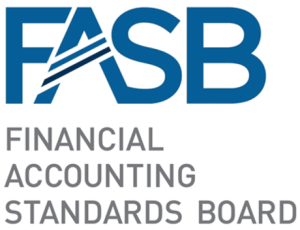The Financial Accounting Standards Board (FASB) has issued a proposed Accounting Standards Update (ASU) intended to improve three areas of the leases guidance. Stakeholders are encouraged to review and provide comments on the proposed changes by December 4, 2020.
“The proposed ASU represents our commitment to take timely action based on what we learn during our comprehensive post-implementation review (PIR) process of major standards,” noted FASB Chair Richard R. Jones. “In this case, it would address three areas brought to our attention by public company stakeholders from their experiences applying the leases standard. We encourage all stakeholders to review and provide feedback on the proposed ASU and whether they think the proposed changes would improve the guidance for all companies and organizations implementing it.”
The amendments in the proposed ASU address the following areas:
- For lessors, it would amend lease classification requirements for leases in which the lease payments are predominantly variable by requiring lessors to classify and account for those leases as operating leases. In doing so, the risk of lessors recognizing losses at lease commencement for sales-type leases that are expected to be profitable would be mitigated and the resulting financial reporting is expected to more faithfully represent the economics underlying the lease.
- For lessees, it would provide the option to remeasure lease liabilities for changes in a reference index or a rate affecting future lease payments at the date that those changes take effect; that option would be available as an entity-wide accounting policy election.
- Finally, for both lessees and lessors, it would change the requirements when there is an early termination of some leases within a contract that does not economically affect the remaining leases in that contract. In those circumstances, entities would be exempt from applying modification accounting to the remaining leases.
“The new FASB proposed changes include an item that we haven’t commonly seen – in section three, Modifications Reducing the Scope of a Lease Contract,” said Marc Betesh, CEO of Visual Lease, a lease accounting software company. Betesh has worked closely with FASB on its lease accounting standards and his clients on lease management and reporting through their software.
“Due to COVID-19, this item has the potential to increase in frequency if lessees continue to consider partial terminations, impairments and abandonments,” he added. “The change would allow a partial termination to only reflect the termination and would not change the asset or liability. In addition, the discount rate used in calculations would remain the same. This change is the first that we have seen that directly affects companies that may have reassessed assets as a result of the pandemic and could have a significant impact on financial reporting across industries.”
The proposed ASU, including information on how to provide comments, is available at www.fasb.org
Thanks for reading CPA Practice Advisor!
Subscribe Already registered? Log In
Need more information? Read the FAQs




